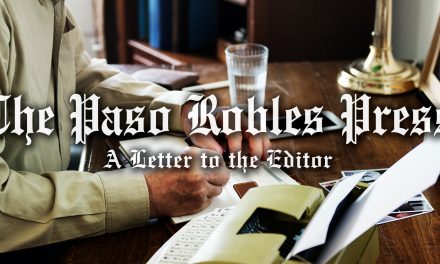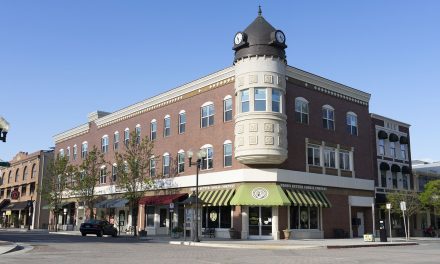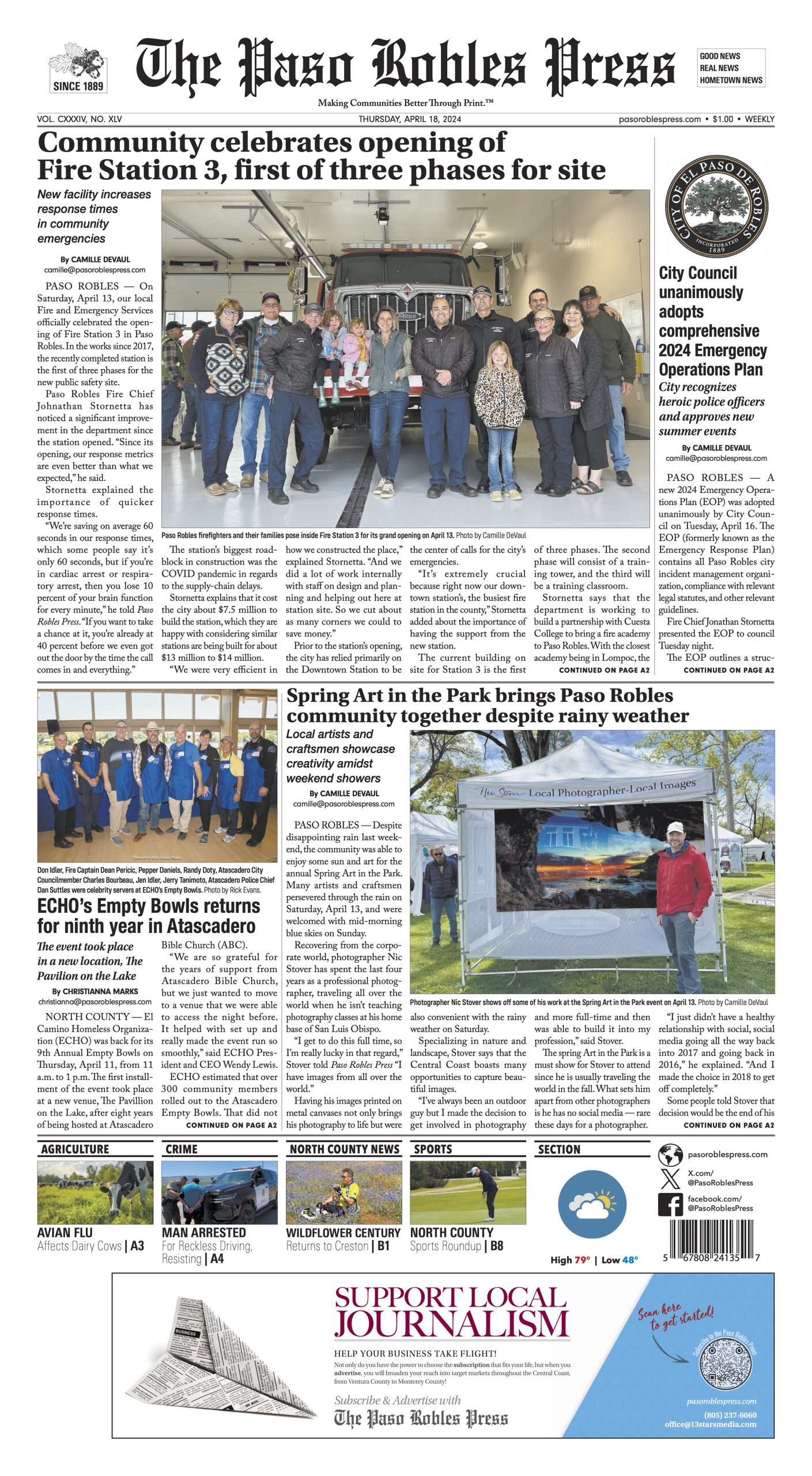By Thomas Elias
Thomas Elias is an independent opinion columnist for The Atascadero News and Paso Robles Press; you can email him at tdelias@aol.com.
Alex Padilla’s taking the oath of office as California’s junior U.S. senator marks a political landmark: it ends the longest regional domination modern California political life has seen.
Since Arnold Schwarzenegger left the governor’s office in early 2011, every major statewide elective office had been held by San Francisco Bay Area Democrats, several first anointed by former state Assembly Speaker and San Francisco Mayor Willie Brown.
The ascent of Kamala Harris to the vice presidency triggered this sea change. Prior to that, Newsom, a former San Francisco mayor, was joined in high office by U.S. Sen. Dianne Feinstein, another former San Francisco mayor; former Sen. Harris, a onetime district attorney of San Francisco, and House Speaker Nancy Pelosi, a San Francisco congresswoman.
Before Newsom became governor, ex-Oakland Mayor Jerry Brown had just spent two terms in the state’s top office, while ex-Marin County Supervisor Barbara Boxer spent 24 years as a California senator, retiring in 2016 and giving way to Harris.
Newsom broke up this ensemble when he chose Padilla, California’s secretary of state for six years and before that a state assemblyman from the San Fernando Valley area of Los Angeles. Padilla, an MIT graduate, once was the “boy wonder” of the Los Angeles City Council.
Then, to accent what he was doing, Newsom named Democratic Assemblywoman Shirley Weber of San Diego to Padilla’s slot as California’s chief elections official.
Maybe it took a former San Francisco mayor to ease the oversized influence of the Bay Area on this state and nation, where two San Franciscans now stand Nos. 1 and 2 in the line of succession behind new President Joe Biden.
Newsom didn’t approach it in terms of regional identity. Pressured to make Oakland’s longtime Democratic Rep. Barbara Lee a senator, he went with Padilla, despite the numerous Black women who lamented that Harris’ departure from the Senate leaves it with no Black females. Instead, Newsom went with personal loyalty in choosing Padilla, one of his earliest and most consistent backers, while he spent more than eight years seeking to become governor. There was also the fact that Padilla, a Latino and more moderate than Lee, might be a stronger candidate for election on his own next year.
For sure, Padilla will face Democratic competition in that upcoming primary, possibly from the likes of Burbank Congressman Adam Schiff, who spearheaded the impeachments of Donald Trump; Silicon Valley Rep. Ro Khanna, a darling of the Democratic left; Lee, current San Francisco Mayor London Breed or Los Angeles Mayor Eric Garcetti, a perpetual short-lister for other big jobs who never seems to land them. Orange County Congresswoman Katie Porter, Lt. Gov. Eleni Kounalakis, and Oakland Mayor Libby Schaaf also are possible entrants.
Schiff, a hero to many Democrats, and Padilla are by far the best known in that group, making Khanna, Breed, Lee, and Schaaf longshots in any contest. This Senate seat appears likely to stay with a non-Bay Area resident.
Many of these folks could also be entrants in any race for Feinstein’s Senate spot, who will be 91 when her term is up. If she serves out the term, several of them would no doubt run to succeed her in 2024, even though Feinstein improbably set up a reelection committee the other day.
What’s evident now is that any of the prominent Southern California possibilities would likely make a stronger statewide candidate next year or in 2024 than any Bay Area figure.
That’s a major change for the geographic tilt in California politics, one that could become even more significant if the current recall drive aiming to oust Newsom a year before his term is up should proceed to an election and succeed.
The last major recall, against ex-Gov. Gray Davis gave California its only non-Democrat, non-Bay Area occupant of a top office since 2002, as movie muscleman Arnold Schwarzenegger catapulted into office by that route.
Two San Diego area figures, former Mayor Kevin Faulconer and businessman John Cox, a Donald Trump loyalist beaten by Newsom in 2018, figure to be on that ballot if it arrives and either could change the state’s politics even more than Newsom and Padilla already have.












